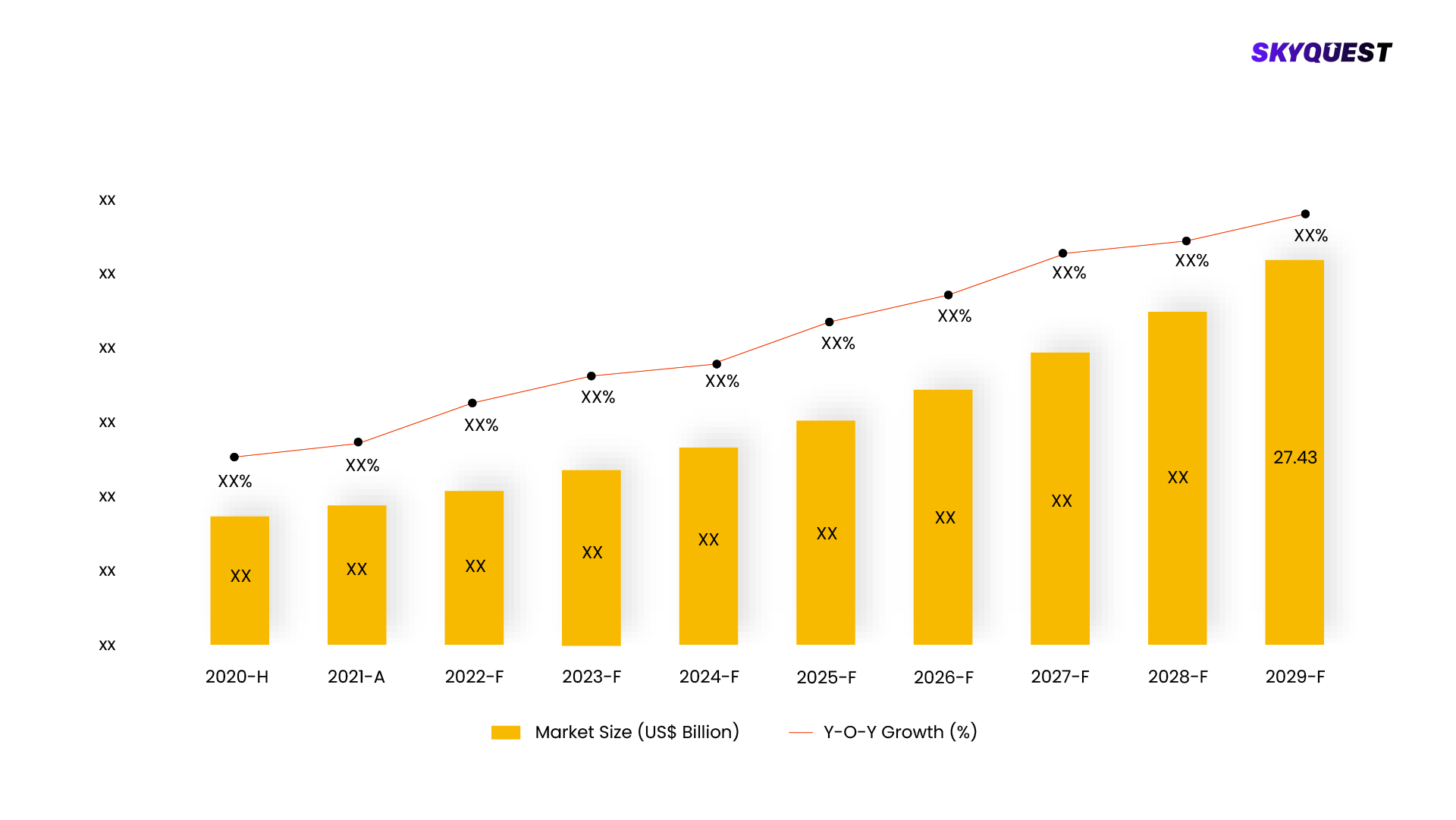
Product ID: UCMIG50B2004

Report ID:
UCMIG50B2004 |
Region:
Global |
Published Date: Upcoming |
Pages:
165
| Tables: 55 | Figures: 60
The moving vehicle or people mainly use this device to know the exact current location. The main driving factor for the GPS tracking device market is IoT and cloud technology. GPS Tracker is developed with modern technology that can provide different applications with their special characteristics. The main driving factor for the GPS tracking device market is IoT and cloud technology. The growing demand for IoT and cloud technology has propelled the size of the GPS tracking device market.At the same time, the market is driving growing sales of commercial vehicles. Additionally, the tracking device industry is another major driver of the global market. As a result, the vehicle tracking systems market is gaining momentum with an increasing share of top key drivers. Today, the user can track multiple devices on a single screen with the help of advanced and sophisticated software. The GPS Vehicle Tracking Device was designed to track road quality and offered an enhanced mapping capability for the intended audiences.The growing demand for these technologically advanced products increases the market value. The companies act as key players for the global market and are now developing ideal measures to ensure the speed of production. Various efforts are being made to cater to the growing opportunities to record top sales in the global GPS Tracking Devices market.

This report is being written to illustrate the market opportunity by region and by segments, indicating opportunity areas for the vendors to tap upon. To estimate the opportunity, it was very important to understand the current market scenario and the way it will grow in future.
Production and consumption patterns are being carefully compared to forecast the market. Other factors considered to forecast the market are the growth of the adjacent market, revenue growth of the key market vendors, scenario-based analysis, and market segment growth.
The market size was determined by estimating the market through a top-down and bottom-up approach, which was further validated with industry interviews. Considering the nature of the market we derived the Integrated Telecommunication Services by segment aggregation, the contribution of the Integrated Telecommunication Services in Telecommunication Services and vendor share.
To determine the growth of the market factors such as drivers, trends, restraints, and opportunities were identified, and the impact of these factors was analyzed to determine the market growth. To understand the market growth in detail, we have analyzed the year-on-year growth of the market. Also, historic growth rates were compared to determine growth patterns.
Our industry expert will work with you to provide you with customized data in a short amount of time.
REQUEST FREE CUSTOMIZATIONWant to customize this report? This report can be personalized according to your needs. Our analysts and industry experts will work directly with you to understand your requirements and provide you with customized data in a short amount of time. We offer $1000 worth of FREE customization at the time of purchase.

Product ID: UCMIG50B2004